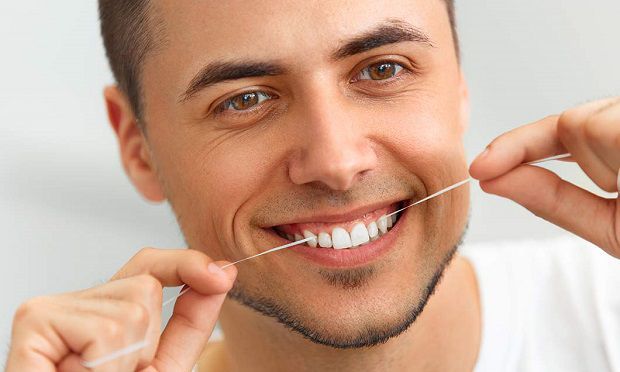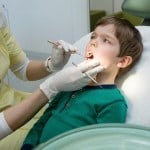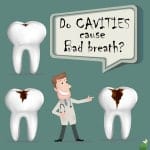Table of Contents
Dental hygiene is essential for your image and overall health but flossing, what is the purpose of flossing? Brushing your teeth twice per day and flossing daily is an integral part of good oral hygiene. A floss is a tool used to remove food particles and bacteria that lodged in between teeth.
Floss is a thin thread that is placed between teeth and pulled so as to clean the gaps between the teeth. Brushing cannot remove plaque from the contact areas of teeth and also a toothbrush is unable to sufficiently clean out bacteria and plaque from in between the teeth to prevent gingivitis.
For this reason flossing daily is recommended.
See also: Best Water Flosser Reviews
What is the purpose of flossing?
Flossing is an essential part of your overall health. Dentists recommend it once daily. It can be done before or after brushing your teeth and it should be done thoroughly so as to remove bacteria and plaque from in between the teeth.
Flossing is important for several reasons including:
Fights bad breath
In 90% of the cases, bad breath is caused by bacteria. Brushing removes 70% of these bacteria, and the balance can only be removed by flossing. Flossing daily will easy get rid of these bacteria.
See also:
- How To Get Rid Of Bad Breath: 12 Extremely Easy Ways
- How To Check Your Bad Breath?
- What Are The Reasons For Having Bad Breath?
- Bad Breath From Nose: Causes and Cure
- Best Toothpaste for Bad Breath (The Ultimate Battle)
Removes plaque and prevents tartar from forming
The main purpose of flossing is to remove plaque and prevent tartar from forming. Plaque is a thin film of bacteria which builds up on the teeth surface. It is important to remove plaque as it can cause irritation to your gums through the toxins it produces. Flossing also prevents the formation of tartar.
Prevents cavities and tooth loss
Flossing removes plaque which if allowed build-up can lead to tooth decay. Tooth decay results in cavities and tooth loss.
Combats cardiovascular disease
Regular flossing has been closely linked with fighting the occurrence of strokes, heart attacks, and other cardiovascular diseases.
Improved appearance
Flossing will keep your teeth clean and better looking. You can use flossing to make your teeth whiter.
What are the effects of not flossing?
If you don’t floss you are likely to have plaque build-up, and this puts you at a higher risk of:
Formation of cavities and tooth loss
Without flossing, plaque builds up leading to tooth decay which results in cavities. Many people don’t realize that they have tooth decay until they suffer a tooth infection or cavity forms. I’ve talked with Damntools about this and they have agreed with us.
Cardiovascular disease
Plaque and bacteria in the teeth have been shown to contribute to the development of cardiovascular diseases and increase the risk of stroke and heart attack.
Gum disease
Build up of plaque on the teeth increases the risk of gum disease. The toxin produced by the bacteria can lead to the development of gingivitis. Also, if tartar is allowed to form it can only be removed by a dentist at a cost.
Bad breath
A third of the bacteria that causes bad breath cannot be removed by brushing only. Flossing improves your image, and both your dental and overall health.
Flossing is essential to clean the gaps between the teeth where bacteria often resides since brushing only cleans the teeth surface.
Here’s a quick video that shows you the one-minute flossing technique:
If not removed the bacteria build up and forms plaque which hardens into tartar and can lead to health problems like gum disease, cavities, tooth loss, stroke, heart attack and other cardiovascular diseases.













